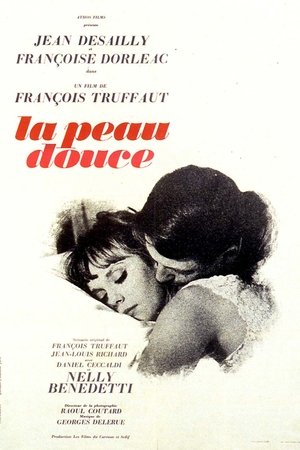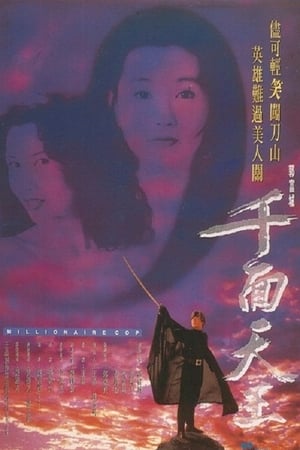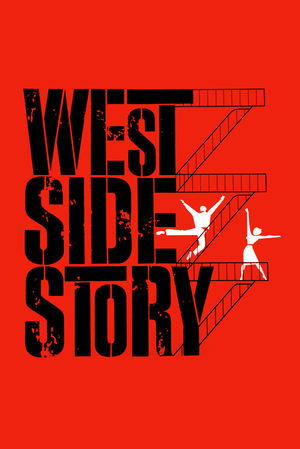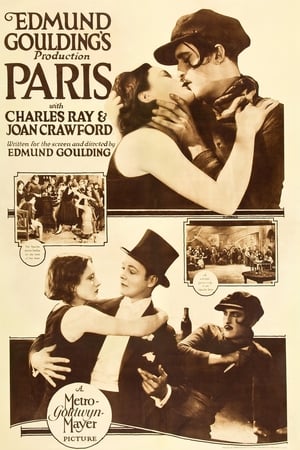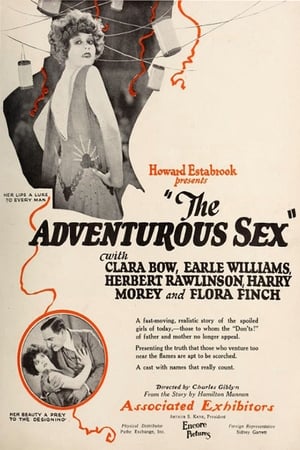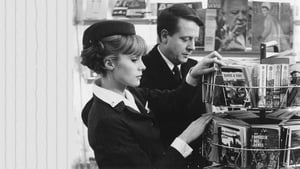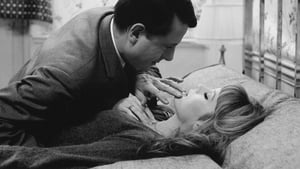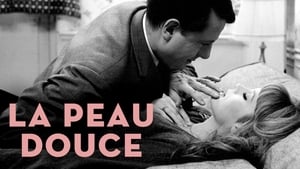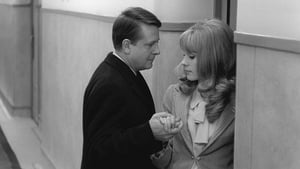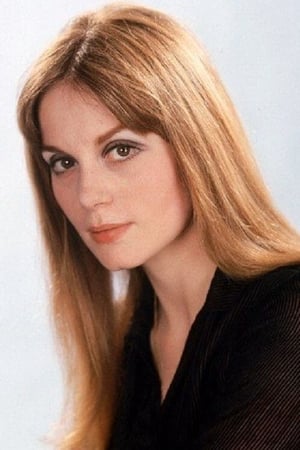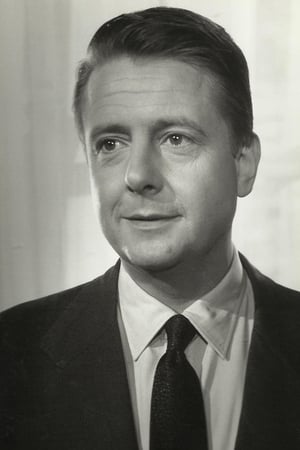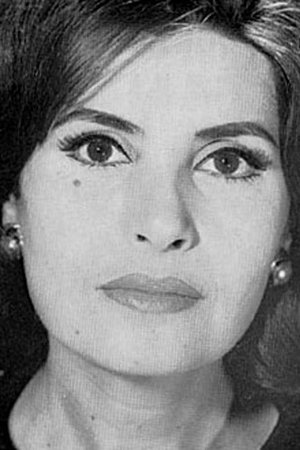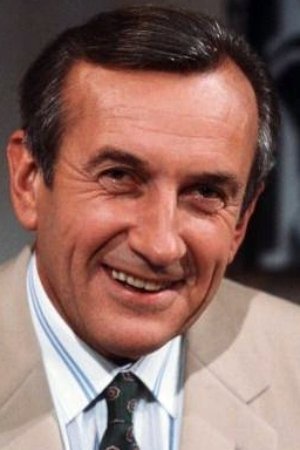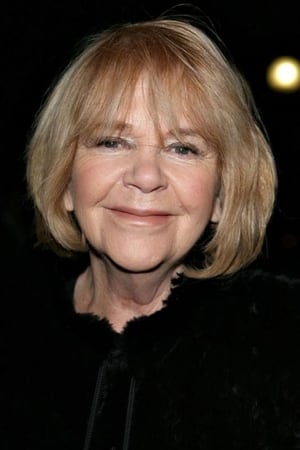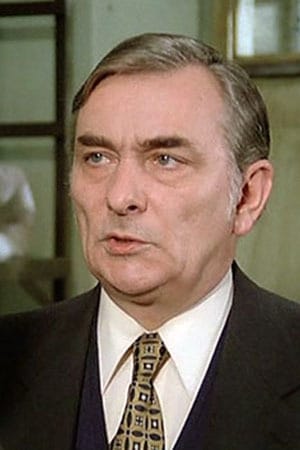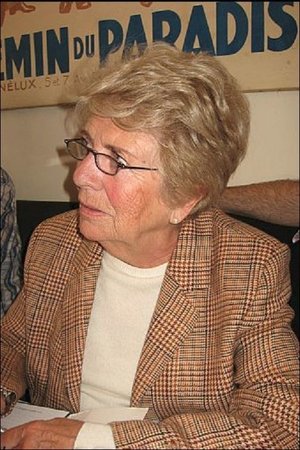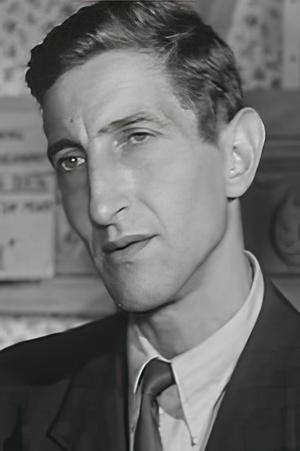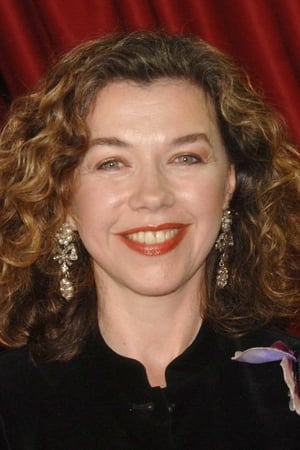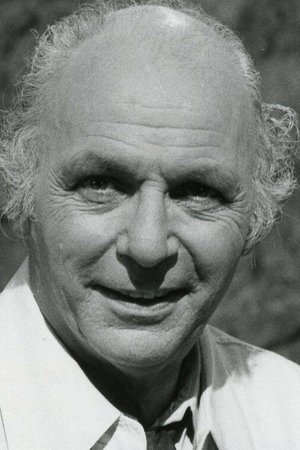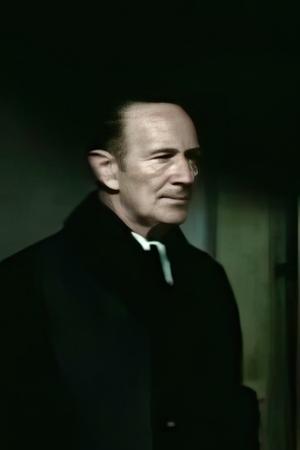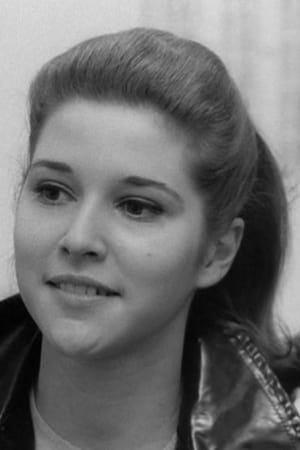-
CRCulver
Paris's then-brand-new Orly airport and the still novel phenomenon of air travel form the backdrop for Francois Truffaut's 1964 feature LA PEAU DOUCE ("The Soft Skin"). Pierre (Jean Desailly) is a French publisher who has established an enviable successful bourgeois life and home, married to Italian wife Franca (Nelly Benedetti) and with a little girl. But on a trip to Portugal for a conference, Pierre gives into a fling with his stewardess Nicole (Françoise Dorléac). They struggle to keep their affair secret, and Pierre is torn between a desire to fully give himself to his mistress, or hang on to his family life. LA PEAU DOUCE is essentially a study in how adultery is no fun at all. The initial thrills that Pierre gets from bedding the vivacious young Nicole are soon effaced by the sheer difficulty and annoyance of keeping all their arrangements secret, and the awkwardness of their relationship when they can never be public about it. Through long shots on faces by cinematographer Raoul Coutard, the film depicts the awkwardness of two people nervous they are going to be caught out at any moment. Truffaut made his name as a key figure in the French New Wave and his first several films maintain a zany, deliberately provocative style. LA PEAU DOUCE marks a turn in his career towards more conventional filmmaking; you'll find here little of the brashness of prior work like "Shoot the Piano Player" or "Jules et Jim". One might detect here an affinity with the carefully composed work of Hitchcock; certainly the close of LA PEAU DOUCE takes us towards conventional thriller territory. Ultimately this is not one of Truffaut's best films; it is entertaining enough on a single viewing, but there is a real lack of rewatch value here. Yet for fans of the Sixties, the film has considerable appeal as a snapshot of what French society thought about air travel and their new Orly airport. (Truffaut's chum Jean-Luc Godard in his "Une femme mariee" of the same year, was also fascinated by Orly and what it represented.)
please Login to add review
